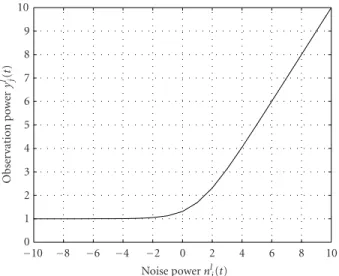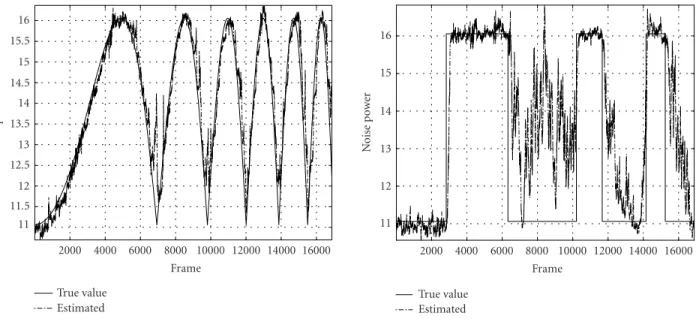Time Varying Noise Estimation for Speech Enhancement and Recognition Using Sequential Monte Carlo Method
Full text
Figure




Related documents
In this study, we therefore aim to investigate the sever- ity of dementia at death, in a secondary mental health- care service cohort of older people with a diagnosis of dementia
Table 2 Summary of cohort studies included in the meta-analysis Author /Year Coun try Sample size Study design Age, yr Main exposu re definition Exposure cut-off point Accessment
In fact, this is the first study to assess the ceiling effect, floor ef- fect, internal homogeneity (inter-item correlations), con- vergent validity, and the use of a robust measure
Objective – To test whether routinely-generated library usage data could be linked with information about students to understand patterns of library use among students from different
By using a non-parametric meta-frontier analysis we have been able to decompose gross efficiency into two components: net efficiency provides a measure of managerial competence,
ADHD: Attention deficit hyperactivity disorders; ADI-R: Autism diagnostic interview schedule, revised edition; ADIS-IV: Anxiety disorders interview schedule for DMS-IV; ADOS-2:
It was hypothesized that (1) having experienced any type of child maltreatment would lead to a higher vulnerability for engaging in NSSI, (2) a cumulating effect of different types
APA: American Psychiatric Association; ATHF: The Antidepressant Treatment History Form; ATRQ: Antidepressant Response Questionnaire; BAP: British Association for





